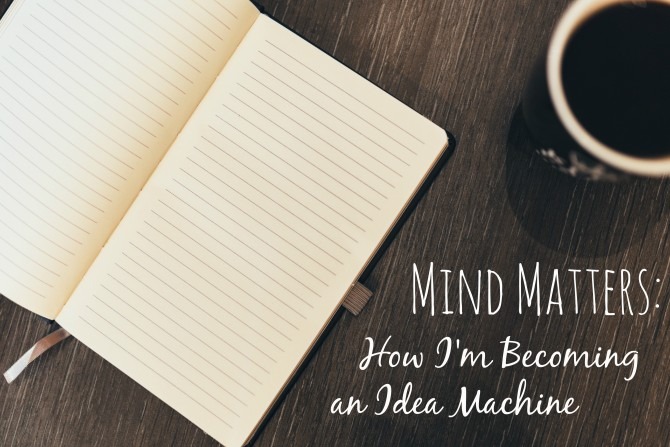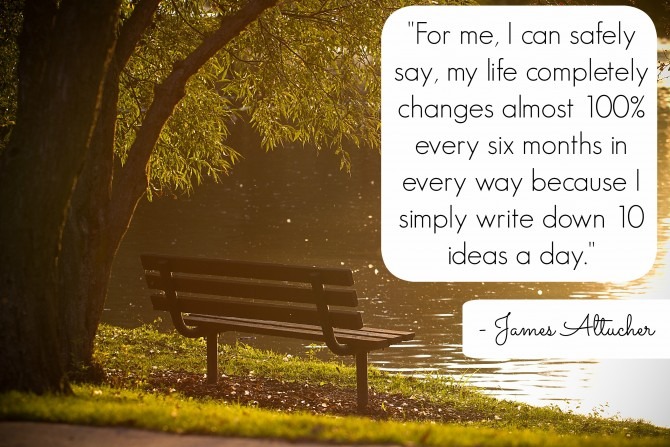In the fall of 2013, Luke and I participated in a fairly intensive marriage class that transformed the way we do life together as a couple. It was an eye-opening course that revealed a lot about ourselves and our marriage, and to this day we continue to implement many of the tools and strategies gleaned from those nine weeks. One of the most useful takeaways from the course was the idea of having regular couple check-ins utilizing the P.E.M.S. strategy: as often as we can, we check in with each other to share how we are doing Physically, Emotionally, Mentally, and Spiritually. This method of regularly assessing and reporting on our current state has proven beneficial on at least two levels: it achieves its goal of keeping us tuned in to one another, and it forces us to take a holistic approach to monitoring our own well-being, thus holding us accountable to constantly growing and maturing in multiple areas.
Most discussions of “health” tend to emphasize the physical, emotional, and even spiritual aspects of well-being. However, P.E.M.S. reminds me that mental health is an equally important component of one’s wellness. But unlike the other pillars of well-being, improving one’s mental health tends to be a passive endeavor rather than an active one: once we move beyond our school years, most of us only stretch and strengthen our minds during our workday. For those of us who don’t go to work every day, our mental development might not receive any attention at all. As someone for whom mental development, on some level, serves as three of my top five strengths, this is nothing short of holistic-wellness suicide!
I recently came across a blog post by James Altucher that addresses this issue. In it, Altucher notes that “if you don’t exercise your ‘idea muscle’ every day it [will] atrophy and you [will] lose the ability to be creative.” Altucher’s proactive solution to this conundrum was to begin writing ten ideas every day. The process is simple (if not easy): each day, he chooses a theme and then lists ten ideas to fit it. The theme might be anything: 10 Restaurant Ideas, 10 New Ice Cream Flavors, 10 Ways to Quickly Clear a Room. The themes can range from quirky to practical, but the goal isn’t to develop great ideas—the goal is to give one’s mind a bit of daily exertion. Altucher admits that most of his ideas are bad ones, and few are taken any further than the notes on his page, but his daily practice keeps his mind limber and helps satisfy the mental component of staying holistically healthy.
Always the sucker for a bit of self-improvement, I’ve decided to incorporate this practice into my personal wellness routine. Each day, I generate a new theme and record ten ideas in my journal. Luke has begun doing this as well, and we have fun sharing our lists with each other at the end of the day. We’ve both found that coming up with ten ideas is a lot easier than it sounds: the first few ideas flow freely, but ideas 5 and 6 require a bit of thought. However, once you get past that hump, the ideas tend build off of each other and it can be hard to stop at just ten!
For the first few weeks of this practice, I’m planning to generate ideas for themes. On my first day, I listed ten areas in which I could create ideas for self-improvement (10 ways to improve my marriage, 10 ways to live more missionally, etc.). I’ve also listed ten blog-related themes (10 blog series ideas, 10 blogging shortcomings, . . .) and ten idea themes for Luke (he did the same for me). Once I’ve generated a year’s worth of themes, I will begin tackling those lists. The hardest part for me will be remembering that these are JUST ideas that don’t necessarily need to be acted upon. I’m sure I will stumble on some great ideas that I will want to pursue (or maybe I’m giving my mind too much credit?), but simply taking time to list ten ideas is itself a worthwhile endeavor. I’m excited to be exercising my mental muscles as I work towards becoming, as Altucher puts it, an “idea machine.” Who knew working out could be so much fun?!
Now I’d love to hear from you: what strategies do you use to improve your mental health? Is becoming an idea machine something that appeals to you? If so, you can get started right now: leave a comment listing ten ideas for themes YOU would like to take on!

